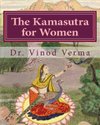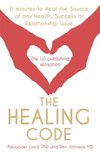
English spelling
Source: Wikipedia. Pages: 78. Chapters: American and British English spelling differences, Apostrophe, Cockney alphabet, Deseret alphabet, English alphabet, English orthography, English possessive, English terms with diacritical marks, Hard and soft C, Hard... Viac o knihe
Produkt je dočasne nedostupný
21.30 €
bežná cena: 24.20 €
O knihe
Source: Wikipedia. Pages: 78. Chapters: American and British English spelling differences, Apostrophe, Cockney alphabet, Deseret alphabet, English alphabet, English orthography, English possessive, English terms with diacritical marks, Hard and soft C, Hard and soft G, I before E except after C, Jesus (name), List of English homographs, List of English words containing Q not followed by U, List of Scripps National Spelling Bee champions, List of the longest English words with one syllable, List of words that may be spelled with a ligature, Ough (orthography), Oxford spelling, Proper adjective, Silent e, Silent k, Silent letter, Spelling of disc, The Chaos, The Sound Pattern of English, Three letter rule, Unifon, William Bullokar. Excerpt: One of the ways in which American English and British English differ is in spelling. American medical text from 1814 showing the British English spellings still used at the time, such as "tumours", "colour", and "centres".In the early 18th century, English spelling was not standardized. Differences became noticeable after the publishing of influential dictionaries. Today's British English spellings follow, for the most part, those of Samuel Johnson's A Dictionary of the English Language (1755), whereas many American English spellings follow Noah Webster's An American Dictionary of the English Language (1828). Webster was a strong proponent of English spelling reform for reasons both philological and nationalistic. Many spelling changes proposed in the United States by Webster himself, and in the early 20th century by the Simplified Spelling Board, never caught on. Among the spelling reform supporters in England, the influence of those who preferred the Norman (or Anglo-French) spellings of words proved to be decisive. Later spelling adjustments in the United Kingdom had little effect on today's American spellings and vice-versa. The spelling systems of most Commonwealth countries and Ireland, for the most part, closely resemble the British system. In Canada, the spelling system can be said to follow both British and American forms, and Canadians are somewhat more tolerant of foreign spellings when compared with other English-speaking nationalities. Australian spelling has also strayed somewhat from British spelling, with some American spellings incorporated as standard. Popularity of some of the spelling differences mentioned in this article on the English Wikipedia as of March 2013. Most words ending in an unstressed -our in British English (e.g. ) end in -or in American English (). Wherever the vowel is unreduced in pronunciation, e.g. contour, velour, paramour and troubadour the spelling is the same everywhere. Most words of this kind come from Latin non-agent no
- Vydavateľstvo: Books LLC, Reference Series
- Formát: Paperback
- Jazyk:
- ISBN: 9781157512912


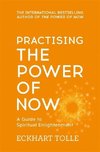
 Anglický jazyk
Anglický jazyk 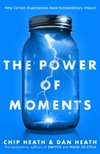

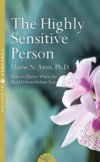

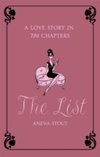
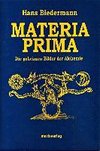
 Nemecký jazyk
Nemecký jazyk 

